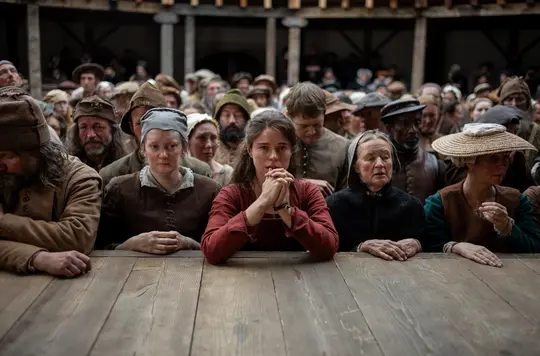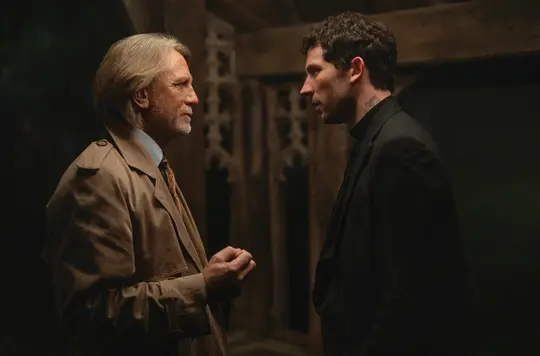14 June 2025
We must be alert to elder abuse
Andrew Wileman

Ahead of World Elder Abuse Awareness Day (15 June), Andrew Wileman considers what elder abuse looks like.
Officially recognised by the United Nations in 2011, World Elder Abuse Awareness Day is observed annually on 15 June to highlight the abuse and neglect of older people.
It’s a sickening reality that elder abuse happens here in the UK and Ireland. It’s estimated by Hourglass – the only UK-wide charity dedicated to helping older victims of abuse – that one in six older people are victims of abuse. That’s more than 16 per cent of our mothers, fathers, uncles, aunties, grandmothers, grandfathers, friends and neighbours.
Elder abuse is a single or repeated act, which causes harm or distress to an older person. Abuse defined in this way usually falls into one or more of the following categories:
Financial abuse – the illegal taking, misuse or concealment of funds, property or assets. Physical abuse – the inflicting or threat of physical pain or the depriving of a basic need. Emotional abuse – the verbal or non-verbal inflicting of mental pain or distress. Sexual abuse – non-consensual sexual contact of any kind. Neglect – the refusal or failure to provide food, shelter, healthcare or protection. Abandonment – desertion by anyone who has assumed responsibility for care or custody.
Often, those who abuse older people are exploiting a unique relationship, either as a family member or a close friend. The reality is it’s kept within the family and not highlighted as an issue in the wider world. Someone in a position of trust – whether through family bonds, friendship or a paid caring role – exploits that trust.
Victims of such abuse are often reluctant to take action against their abusers because they feel ashamed of having been taken advantage of, or they don’t want the abuser to withdraw their care and support.
Nurture, respect and care for all ages are at the heart of The Salvation Army’s ministry in our corps and centres. Scripture calls us to honour and care for those who are ageing, upholding their dignity as image-bearers of God.
‘Stand up in the presence of the aged, show respect for the elderly and revere your God. I am the Lord’ (Leviticus 19:32). This mandate, and so much of the narrative from the Old and New Testaments, flows directly from the heart of God, who values every stage of life and shows special concern for the vulnerable.
Our corps and centres can be eyes and ears to what’s going on, watching out for the things we least want to believe are happening behind closed doors. Let’s be aware when an older person who once was a real positive personality suddenly becomes disinterested, unattached or distressed.
The more we talk about it, the more we can help reduce the instances of elder abuse in our communities and prevent future harm.
Reflect and respond
- Pray for the courage to speak out against elder abuse and not look away.
- Who haven’t you seen for a while? Commit to calling them to ensure they’re safe.
- Learn more about spotting the signs by emailing olderpeoplesministries@salvationarmy.org.uk.
Written by

Andrew Wileman
Assistant Director, Older People’s Services











